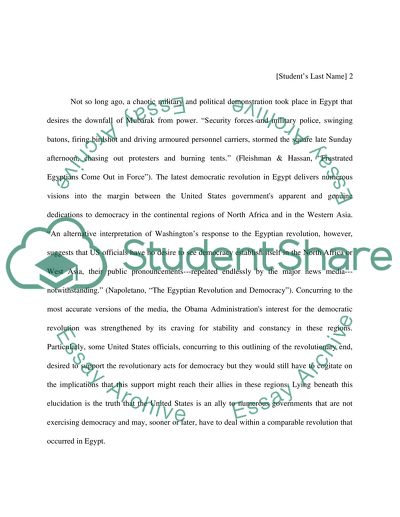Cite this document
(“The Obama Administrations approach to the Democratic Revolution in Research Paper”, n.d.)
Retrieved from https://studentshare.org/miscellaneous/1595305-the-obama-administrations-approach-to-the-democratic-revolution-in-egypt
Retrieved from https://studentshare.org/miscellaneous/1595305-the-obama-administrations-approach-to-the-democratic-revolution-in-egypt
(The Obama Administrations Approach to the Democratic Revolution in Research Paper)
https://studentshare.org/miscellaneous/1595305-the-obama-administrations-approach-to-the-democratic-revolution-in-egypt.
https://studentshare.org/miscellaneous/1595305-the-obama-administrations-approach-to-the-democratic-revolution-in-egypt.
“The Obama Administrations Approach to the Democratic Revolution in Research Paper”, n.d. https://studentshare.org/miscellaneous/1595305-the-obama-administrations-approach-to-the-democratic-revolution-in-egypt.


